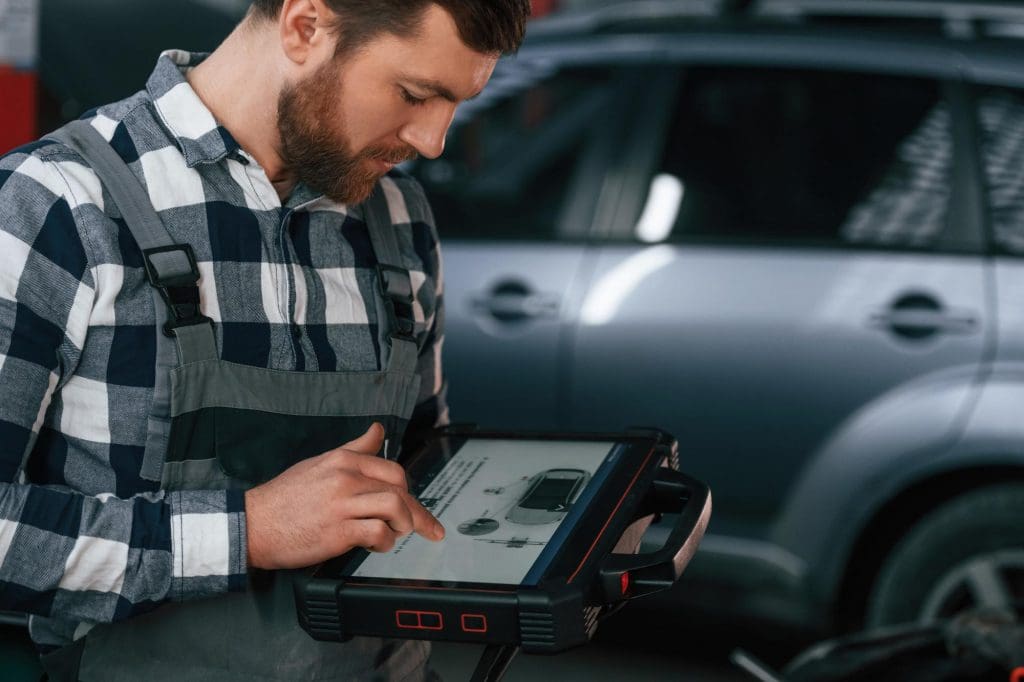“Electric cars don’t need servicing.” It’s a common refrain—but is it really true? This article breaks down the myth, showing what EVs do need, how often they should be checked, and how the cost compares to petrol and diesel vehicles.
What Do EVs Actually Require?
While EVs eliminate oil changes and exhaust system maintenance, they still need routine care:
- Tires and brakes: Tyre wear and brake pads (though regenerative braking reduces wear).
- Coolant and HVAC systems: EV batteries and motors need thermal regulation—coolant checks are still necessary.
- Software updates: Most modern EVs receive over-the-air updates to improve efficiency and functionality.
- 12V battery: Smaller auxiliary battery needs occasional replacement, usually every 5–8 years.
EV Servicing vs Petrol Cars: Cost Comparison
UK auto service data shows average EV servicing costs are around £150–£200 annually—typically lower than petrol (≈£300–£400/year). Fewer parts and reduced wear save money.
For example:
- Wheel alignment and tyre rotation: Same as petrol cars.
- Brake systems inspection: Still required, though pads last longer.
- Battery coolant checks: Generally every 2–3 years.
Myth Busted: No Maintenance Required?
Not true. EVs have fewer moving parts, but they still require scheduled checks—and self-care via apps. Ignoring maintenance can affect range, safety, and resale value.
Using ONEEV to Stay Ahead of Maintenance
The ONEEV app helps track service history and charging sessions. You can export session data for servicing reports—helpful for fleet drivers or expense claims.
Expert Insight from UK Garages
Independent EV service centres across Birmingham, Glasgow, Bristol, and Belfast confirm that most EVs only require annual inspections—with fewer repairs needed over time. Many charge under £200 per visit, compared with higher costs for petrol engines.
Quick Tips for EV Owners
- Check tyre pressure monthly—and rotate tyres every 10,000 miles.
- Use regenerative braking to prolong brake life.
- Ensure battery coolant is checked during your first service.
- Keep ONEEV session logs handy to share with your UK service provider.
The Final Word
EVs don’t require zero maintenance—but they are cheaper, simpler, and less frequent to service than petrol cars. With tools like ONEEV, staying on top of upkeep has never been easier. Keep your EV running smoothly—and enjoy the savings.
